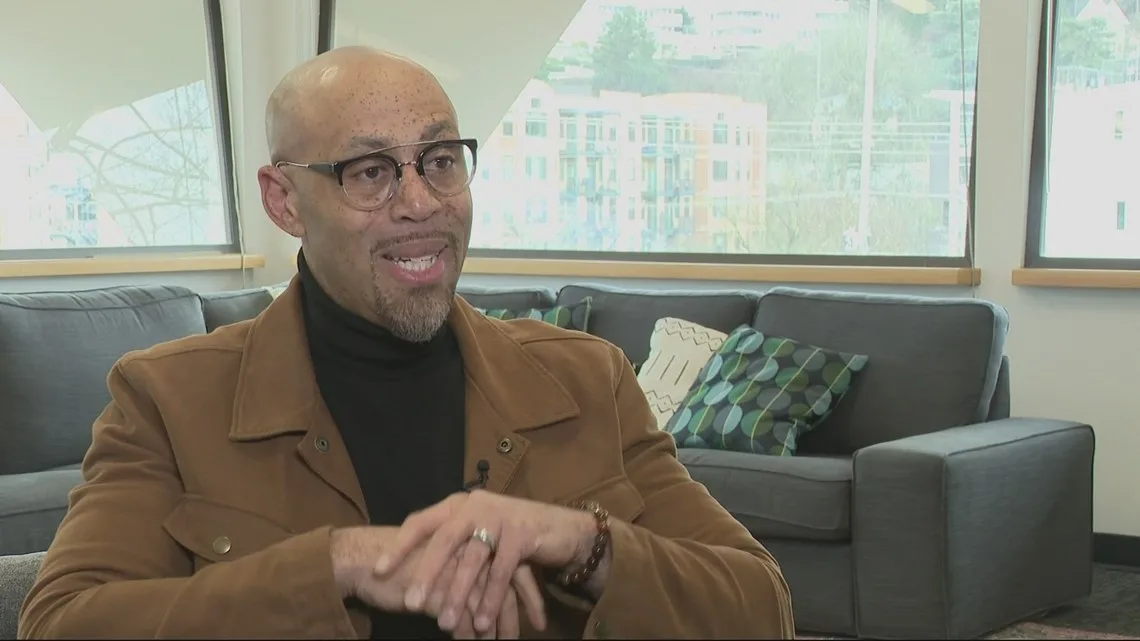
Dr. Keith Dempsey discusses the systemic stigmas surrounding mental health within the Black community and the need to create diverse and non-judgmental spaces.
PORTLAND, Ore. — A Portland clinician, speaker and community advocate is on a mission to empower people — particularly those in the Black community — to talk about mental health, and in turn, have better health overall.
“I love helping people. I love giving people the opportunity to find that special thing within themselves to make themselves better,” Dr. Keith Dempsey said. “I’m all about advocacy. I’m all about talking about it, but the powers that be — let’s move past the talk and support the talk.”
He works in the Portland community and has taken his message on the road to break stigmas and get people talking about the human experience of mental health.
“It’s not just the talking about it. It’s creating the space for listening,” Dempsey said. “The reason we don’t talk about it — because we can’t trust people with our vulnerabilities, and that’s because of the stigma. That’s because of the idea that if you’re going to counseling, there is something wrong with you. We’ve got to, as a listener, be able to change that in our minds.”
Creating trust and breaking down stigmas around mental health in the Black community come with historical and systemic scars.
“There’s a history in the health systems; there’s a history in the mental health systems that African American folks have not been treated well, and when you haven’t been treated well and you haven’t gotten good outcomes, you are in a place that’s not safe — you stay away from those places,” Dempsey said.
Scholars point to historic misconceptions and racist practices that have taught generations of African American people to ignore mental illness and distrust those in the mental health field.
Mental health issues are often compounded by the psychological stress of systemic racism. As a result, African American adults are 20% more likely to report serious psychological distress than white adults, according to USC Suzanne Dworak-Peck School of Social Work.

